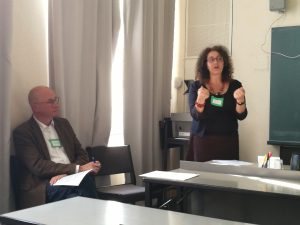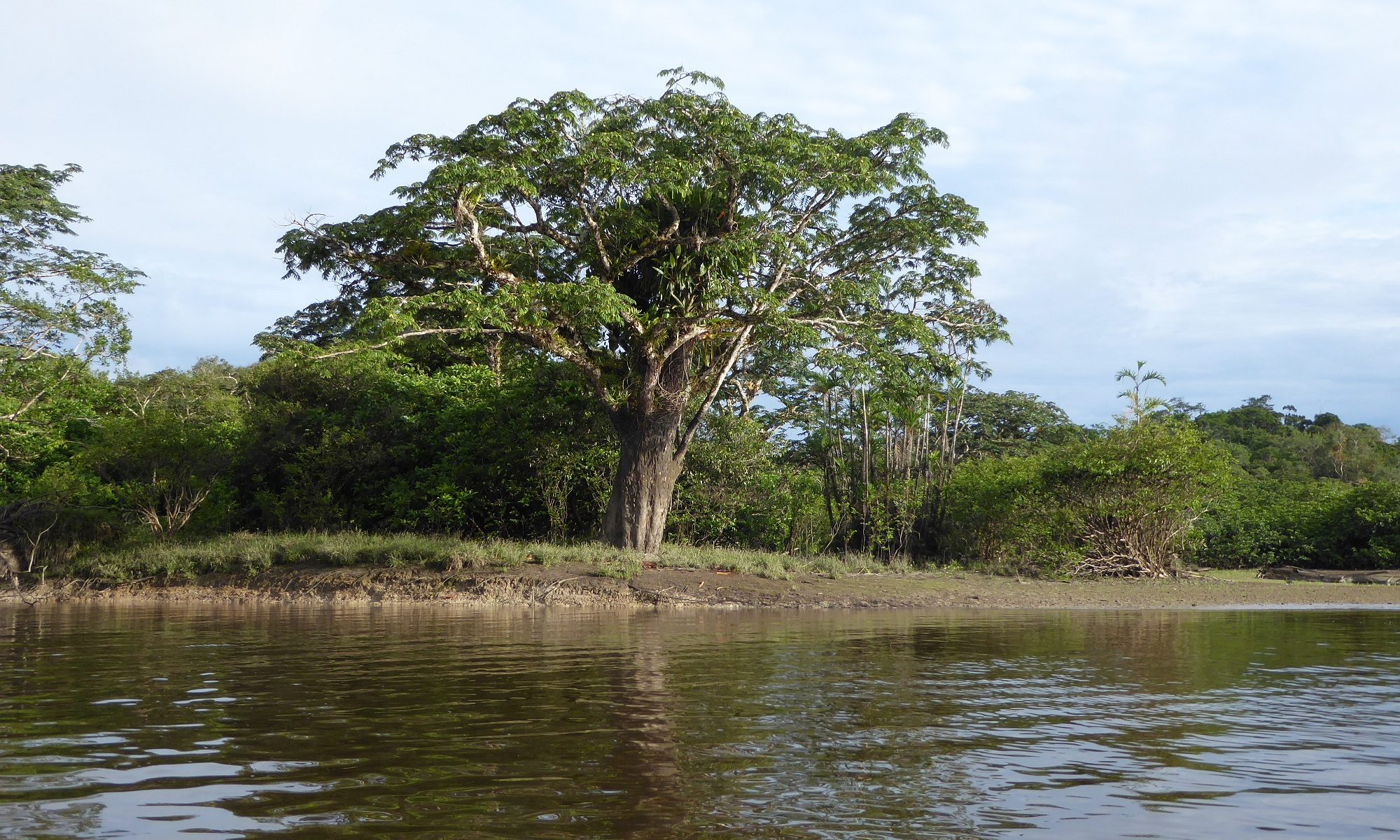Text and photograph by Tuija Veintie

At the end of March our Helsinki based research group members participated in Development Days 2019, the annual conference organized by the Finnish Society for Development Research. This year the conference theme “Repositioning global development: changing actors, geographies and ontologies” invited the conference participants to critically examine and redefine the meanings of development, and discuss alternatives to the dominant discourses on development.
In his keynote lecture Ashish Kothari presented examples of alternatives from around the world, including self-governance initiatives, economic transformations and different educational initiatives that are rooted in local cultures and ecologies. He urged the audience to examine the structural roots of sustainability and inequity, and vision alternative futures from the grassroots up.
Keynote speaker Rosalba Icaza Garza presented Universidad de la Tierra, from Oaxaca, Mexico, as an example of an alternative way of building a multilingual university, based on convivial learning without teachers, professors, disciplines. Her keynote lecture invited the audience to reflect on the relationship of development, modernity and coloniality, encouraging researchers to acquire decolonial perspective on development and to work towards decolonizing research and academy.
These topics raised in the conference theme and the keynote lectures relate to our research project. In Ecuador, the mainstream political discourse on development adopted the vocabulary of buen vivir (good living) that derives from the indigenous Kichwa concept of Sumaq Kawsay. However, the concept of buen vivir in the political rhetoric does not seem to match up with the ways in which the Ecuadorian Kichwa and other nationalities understand good living. Alternative understanding of development means more than adopting alternative words. It means changing the locus of enunciation, as Walter Mignolo might tell us. This means that we need to look at development from alternative perspectives. For example, how does the community well-being and good living look like from the perspective of the ecological and cultural knowledge of the peoples and nationalities of the Ecuadorian Amazonia?
In addition to the keynote lectures the programme of the Development Days conference included working group sessions for paper presentations. Paola Minoia presented our project in one of these working groups together with other projects that are part of the Academy Programme for Development Research by the Academy of Finland and Ministry for Foreign Affairs of Finland.
